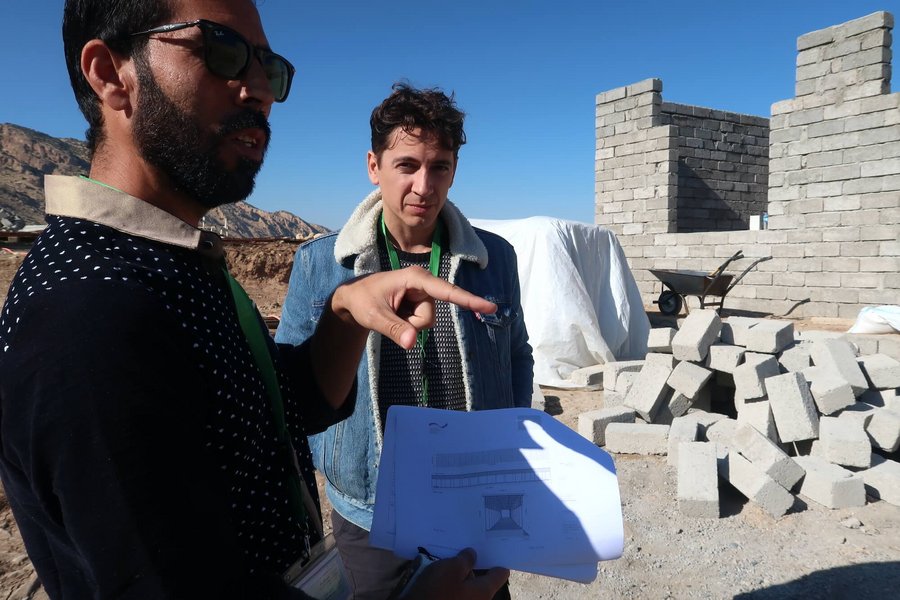Welthungerhilfe is dedicated to fighting for a world without hunger by addressing its causes. Politically and religiously independent, we are one of the largest private aid organisations in Germany.
Our actions follow the principle of ‘empowering people to help themselves’ and are aligned with the UN sustainable development goal: ‘Zero Hunger by 2030’. In close collaboration with local partners, we empower communities to break out of hunger and poverty cycles, with measurable impact, integrity and accountability.
Since 1962, Welthungerhilfe has worked in 70 countries alongside national and international partner organisations to enable people to control their own lives and secure their human right to food on a sustainable basis. Currently, more than 2,450 employees from 67 nations are implementing more than 400 projects in 37 countries.
Welthungerhilfe links relief, rehabilitation and longer-term development interventions to meet the specific needs of populations dealing with various causes of hunger.
We are strongly committed to transparency and quality management. Measures such as Welthungerhilfe's Code of Conduct, our quality management processes and our annual report ensure donors’ money has the utmost impact in the communities we work with.
Our structure
Each sitting President of Germany has been the honorary patron of Welthungerhilfe since the organisation was established. The President of Welthungerhilfe and the other members of the Supervisory Board represent the organisation externally and advise the Executive Board. The full-time Executive Board manages the activities of Welthungerhilfe.
The Chairman and other board members follow the statutes and resolutions of Welthungerhilfe’s General Assembly. Members include the President of the Federal Parliament, the heads of German parliamentary groups, churches, associations along with other groups.
The voluntary Board of Trustees advises the Supervisory Board and the Executive Board on questions of public relations and marketing while the Programme Advisory Committee is responsible for questions regarding programme policy.
